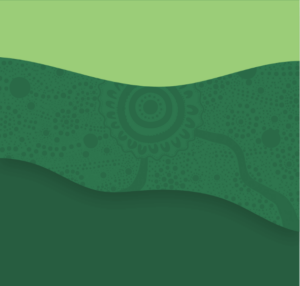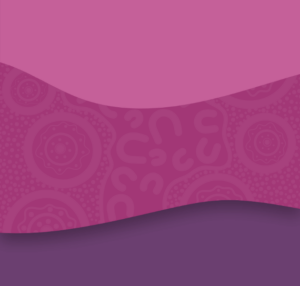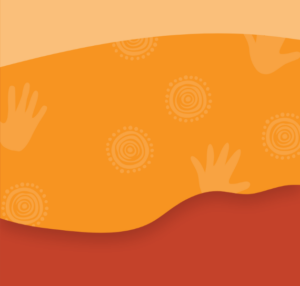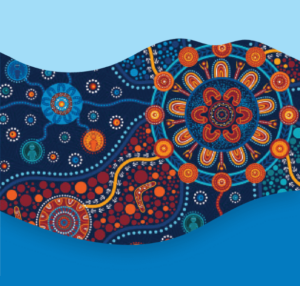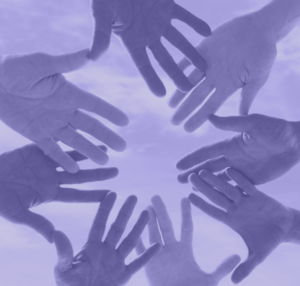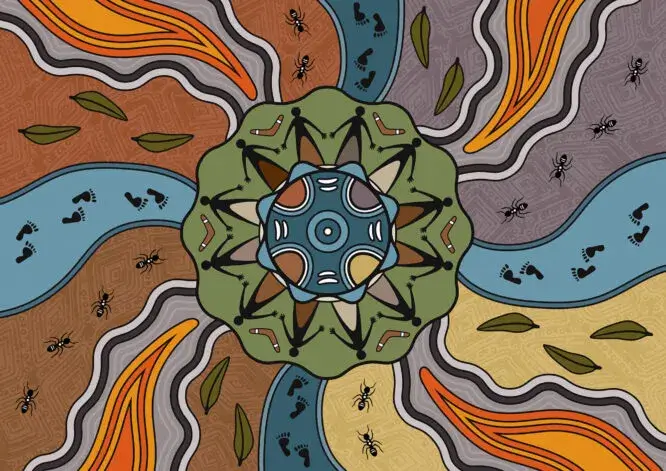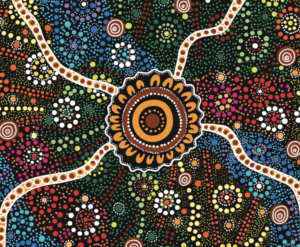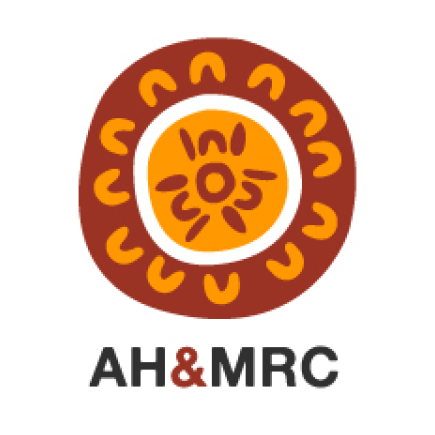Last week, the Morrison Government announced an additional $2 billion to extend the COVID-19 health response until 31 March 2021. The additional funding increases the Government’s COVID-19 health response to more than $16.5 billion since March 2020.
The extra funding covers Medicare-subsidised telehealth and pathology services, GP-led respiratory clinics, home medicines delivery, extended public and private hospital services, as well as further investments in Personal Protective Equipment (PPE) across Australia.
The AH&MRC supports the additional funds towards a national stockpile of PPE, as PPE shortage has been an ongoing challenge for many Aboriginal Community Controlled Health Services.
Medicare-subsidised pathology and testing at the point of care will continue in 86 rural and remote Aboriginal and Torres Strait Islander Communities across Australia.
“It is reassuring to see subsided COVID-19 testing and pathology remain for Aboriginal Communities. This helps remove barriers that may prevent Aboriginal people from getting tested, ensures early detection and minimises the risk of a possible outbreak in our Communities,” said Robert Skeen, AH&MRC CEO.
Some of the other health response initiatives include the National Coronavirus Helpline and Health Direct Website and home delivery services to support people in isolation and limit Community transmission of COVID-19.
“We are pleased to see the considered measures to offer ongoing support for Aboriginal people to stay safe in New South Wales (NSW) and across Australia,” said Robert Skeen.
It is great that the Government has telehealth because it has enabled people in our regional Communities to continue to access care for chronic health conditions,” said Robert Skeen.
“As COVID-19 cases continue to occur across Australia, the AH&MRC remains committed to supporting our 47 Member Services to protect the health and wellbeing of Aboriginal Communities in NSW,” said Robert Skeen.
“The additional funding will strengthen Australia’s health response to COVID-19, help prevent the spread and encourage testing for the months to come,” said Robert Skeen.
